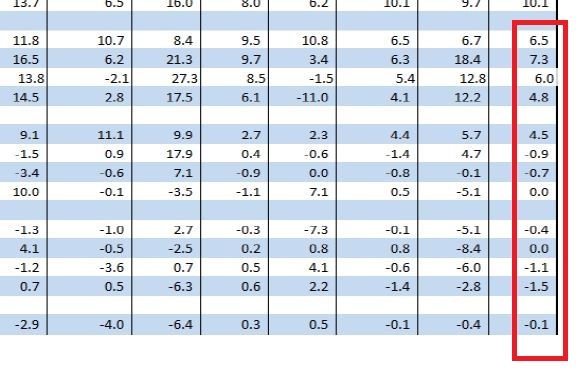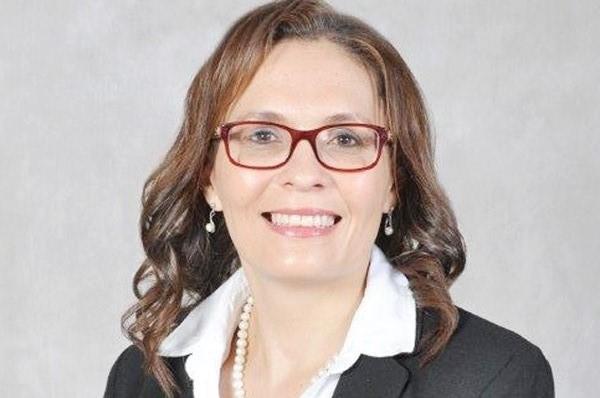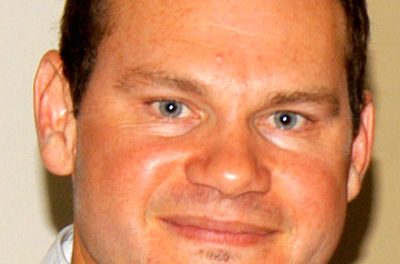
Recession continued in 2018 first quarter according to NSA’s official statistics

Were it not for the surge in electricity imports, Gross Domestic Product for the first quarter of this year would have been positive. According to the Namibia Statistics Agency this subsector’s deteriorating contribution is due to the import of electricity which it described as significant.
“The notable slow performance is attributed to the electricity subsector that registered a decline of 5.9 percent in real value added compared to a strong growth of 24.8 registered in the corresponding quarter of 2017. This performance is attributed [to] high intermediate consumption that is due to imports of electricity which increased significantly,” the agency stated on Tuesday when it released the GDP estimates for the first quarter of 2018.
On the whole, Gross Domestic Product for the quarter continued to decline contracting by 0.1%, prolonging the recession that started in the second quarter of 2016, although defining the recession has become academic due to the pervasive revisions to older data sets. For instance, in the first quarter of 2017, the economy contracted by 2.7% as first published. This was then revised to 1.7% and in the latest GDP estimates, further reduced to only 0.4%.
Illustrating the extent of electricity imports, the agency stated “During the period under review, imports surged to 742 million kwh compared to 499 million kwh registered in the previous period. This shows an increase of 243 million kwh representing 48.8 percent upward growth. The increase in imports are due to cheaper energy sourced from South Africa.”
The high light of this week’s GDP estimates is the rather dramatic turnaround in the construction sector. While it still contracted by a massive 36.9% in the first quarter of 2017, it has swung around, now posting a 23.7% real-value growth for the first three months of this year.
However, electricity sunk the statistics in more way than one. Following a very substantial revision to the water and electricity sector, the overall GDP contraction for the last quarter of 2017, worsened from 1% to 1.5%, constituting a 50% adjustment to the original statistics.
Sectors that expanded in the first quarter of this year are Agriculture (+1.4%), Mining (+4.7%), Electricity & Water (+1.9%), Construction (+23.7%), Transport & Communication (+2.5%), Financial Intermediation (+1.4%), Real Estate & Business Services (+1.1%), and Financial Intermediation measured indirectly (+0.5%).
Sectors that contracted are Fishing (-13.6%), Manufacturing (-2.1%), Wholesale & Retail (-1.3%), Hotels & Restaurants (-5.3%), Government (-2.9%), Education (-4%), and Health (-6.4%).
“Since quarterly and annual estimates are often based on different kinds of data sources, the annual total derived from the sum of the four quarters under consideration differs from annual estimates based on a more comprehensive sources of data. Therefore, in order to make them comparable, quarterly estimates are benchmarked to their annual estimates,” said the Statistician General, Mr Alex Shimuafeni.













































